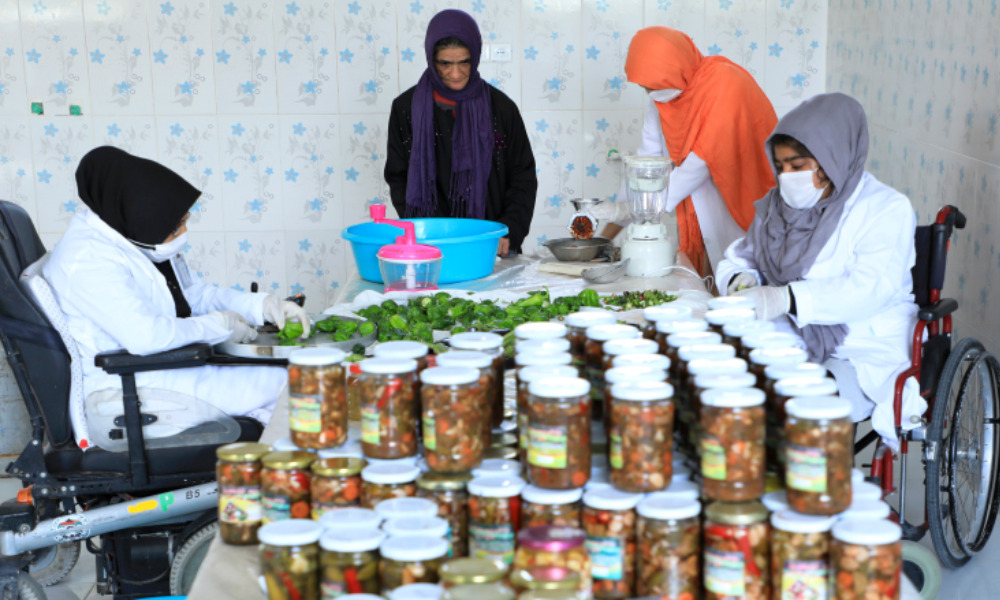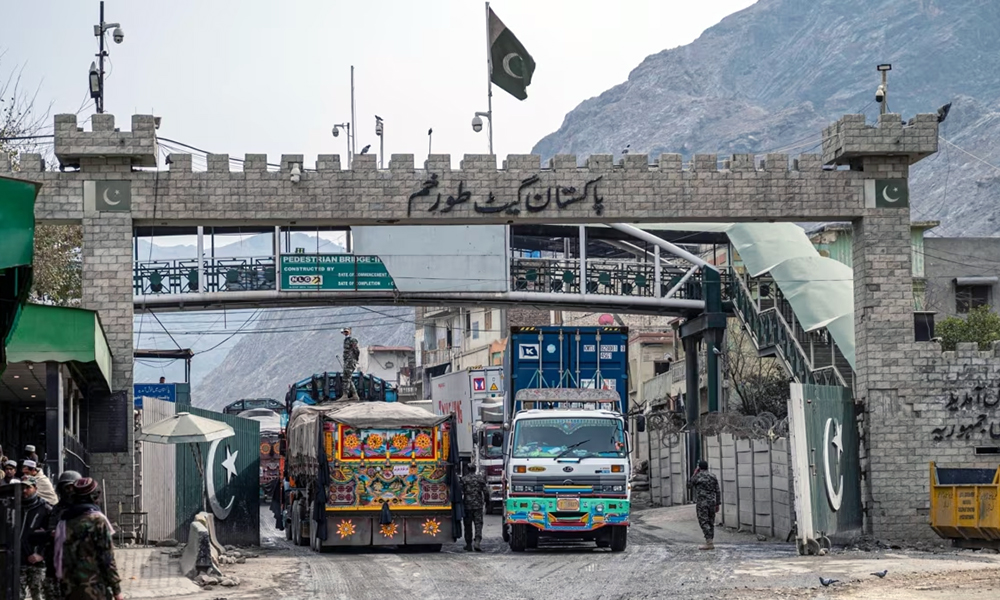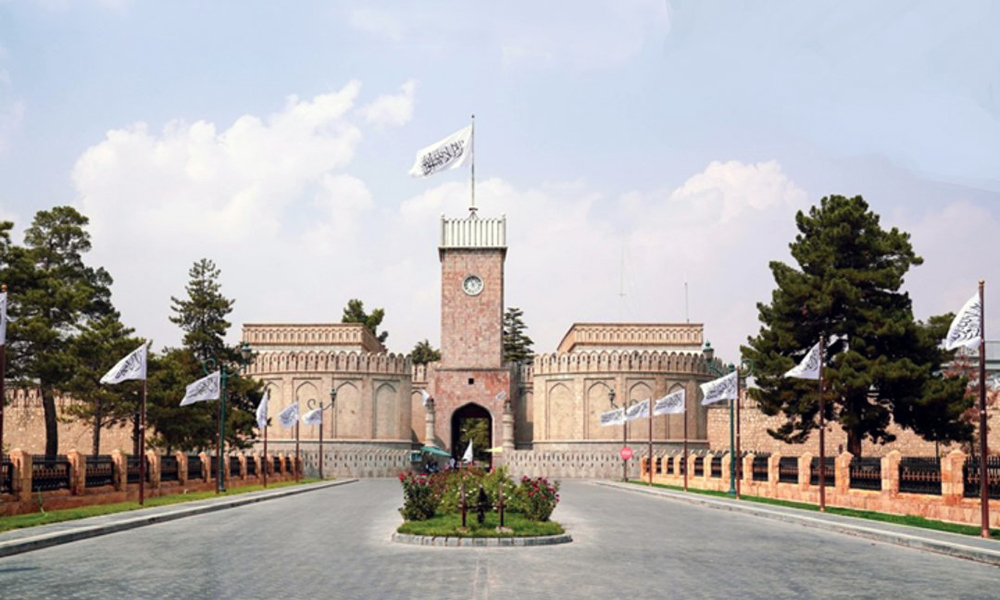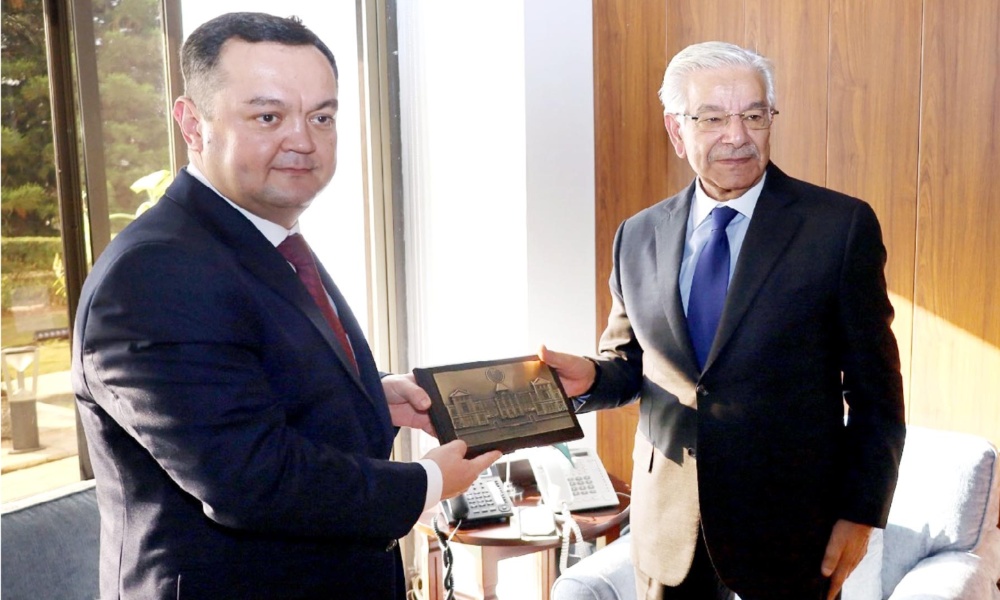Business
Political and security uncertainty slow Afghanistan’s economic recovery

Continued political uncertainty and a possible decline in international aid is slowing down Afghanistan’s economic recovery from COVID-19, the World Bank said Monday in its latest country update.
The World Bank’s report, Setting Course to Recovery, shows that robust agricultural growth has partially buoyed Afghanistan’s economy, which shrunk by around two percent in 2020 - a smaller contraction than previous estimates.
However, lockdowns, weak investment, and trade disruptions have hit services and industries, increasing hardship and unemployment in cities.
Growth is expected to reach one percent in 2021 and top around three percent in 2022 as the COVID-19 crisis fades. Per capita incomes are unlikely to recover to pre-COVID levels until 2025 due to fast population growth, the report noted.
“The current political and security uncertainties have created serious hurdles to Afghanistan’s economic recovery from the COVID-19 crisis. A slower pace of recovery means higher unemployment, lower government revenues, and – ultimately – more difficult living conditions for Afghans,” said Henry Kerali, World Bank Country Director for Afghanistan.
A full recovery will be challenging as many firms have closed and jobs were lost. Private sector confidence has weakened amid difficult security conditions, uncertainty about the outcome of the ongoing peace talks, the possible withdrawal of international troops, and potential sharp declines in future international aid support.
The report also noted that droughts are expected in 2021 and will likely reduce agricultural activity, further weakening growth prospects.
The report emphasizes that a strong and sustainable partnership between the Afghan government and its international partners is key to driving recovery and restoring private sector confidence.
In that effort, the government needs to accelerate reforms to improve governance, fight corruption, mobilize revenue, and boost business.
The report also noted that simultaneously, donors can support private sector confidence through clearer multi-year aid commitments and by defining measurable priority reforms that condition continued grant support.
Business
Daily truck clearances at Torkham drop from 400-500 to 5-10

Pakistan’s Sarhad Chamber of Commerce and Industry (SCCI) has said that daily truck clearances at Torkham crossing have declined from 400-500 to 5-10.
SCCI President Fazal Muqeem Khan said this at the signing ceremony of a memorandum of understanding (MoU) with the Pakistan-Afghanistan Joint Chamber of Commerce and Industry to promote bilateral trade and cooperation.
He said the volume of trade between Pakistan and Afghanistan had fallen from $3 billion to $1 billion annually.
Fazal Muqeem also highlighted the adverse impact of the 2% Infrastructure Development Cess (IDC) imposed by the Khyber-Pakhtunkhwa government on trade and transit.
Business
Turkish scholars, charity officials assess investment prospects in Afghanistan
Officials pledged to encourage Turkish investors to explore and capitalize on investment opportunities in Afghanistan

Afghanistan’s Acting Minister of Energy and Water, Mullah Abdul Latif Mansoor, met with a delegation of Turkish scholars and officials from the Adif Charity Foundation on Tuesday to discuss various political, religious, and social issues.
According to the Ministry of Energy and Water, Mullah Mansoor praised Adif’s humanitarian efforts in Afghanistan and highlighted the country’s ample resources for energy production.
He emphasized that Afghanistan currently offers a favorable environment for investment in all sectors, assuring the Turkish delegation of the Islamic Emirate’s commitment to ensuring the safety and security of investors and their assets.
In response, Adif officials pledged to encourage Turkish investors to explore and capitalize on investment opportunities in Afghanistan, signaling a potential boost in economic and developmental cooperation between the two nations.
Business
Uzbek envoy to Pakistan discusses Trans-Afghan Railway project with Pakistani minister
The Trans-Afghan Railway project is expected to serve as a powerful stimulus for trade and economic integration among numerous countries in the region

Regional connectivity projects including the Termez-Kabul railway line, the Trans-Afghan Railway, and the multimodal Belarus-Russia-Kazakhstan-Uzbekistan-Afghanistan-Pakistan transport corridor, are key to the region’s success, the Ambassador of Uzbekistan to Pakistan Alisher Tukhtayev said during a meeting with Pakistan’s Defense Minister Khawaja Asif on Friday.
The two officials discussed a range of issues as well as coordinating efforts to ensure stability and deepen economic integration in the region.
Asif however pointed out that Tashkent has become an important hub for regional cooperation, Pakistani media reported Monday.
Special focus was given to the implementation of the Trans-Afghan Railway project, which is expected to serve as a powerful stimulus for trade-economic integration to numerous countries.
The ambassador said the governments of Uzbekistan, Pakistan, and Afghanistan are actively cooperating in the implementation of joint economic and infrastructure projects and one of them is the construction of the Trans-Afghan Railway.
He said the “Termez-Kabul-Peshawar” railway project plays an important role in restoring ties of regional connectivity between Central and South Asia.
He added that once the project is launched, the volume of trade will increase significantly and shipping costs will decrease.
Tukhtayev said the railway connectivity will contribute hugely to regional stability and overall prosperity by aiding Afghanistan’s economic recovery.
He also said the project will facilitate the delivery of Uzbek goods to world markets through Pakistani ports and will open up a new route for Pakistan to export its products to Central Asian, and European markets.
According to him, the Trans-Afghan railway will be able to carry up to 20 million tons of cargo per year, and transportation costs will decrease by 30-35% and timing of deliveries will be cut from two weeks to three to four days.
He also stated that the international cooperation project on the development of the multimodal transport corridor Belarus-Russia-Kazakhstan-Uzbekistan-Afghanistan–Pakistan is being actively promoted.
[embed]https://youtu.be/2Osh4f_dA5Y[/embed]
-

 Latest News4 days ago
Latest News4 days agoAfghanistan seals T20I series victory over Zimbabwe
-

 World5 days ago
World5 days agoSyrian clerics in former Assad stronghold call for national unity, democracy
-

 Latest News4 days ago
Latest News4 days agoU.S. sentences Afghan man to 30 years in prison for narco-terrorism and witness tampering
-

 International Sports3 days ago
International Sports3 days agoMessi vs Ronaldo: A look at their market values over the years
-

 Latest News4 days ago
Latest News4 days agoInvestment in Afghanistan’s pharmaceutical sector reaches $300 million: Union
-

 Latest News5 days ago
Latest News5 days agoChinese, Tajik officials discuss Afghanistan
-

 Sport4 days ago
Sport4 days agoAfghanistan’s Gulbaddin Naib fined 15% of match fee for dissent
-

 Regional4 days ago
Regional4 days agoHezbollah chief says group lost its supply route through Syria

























